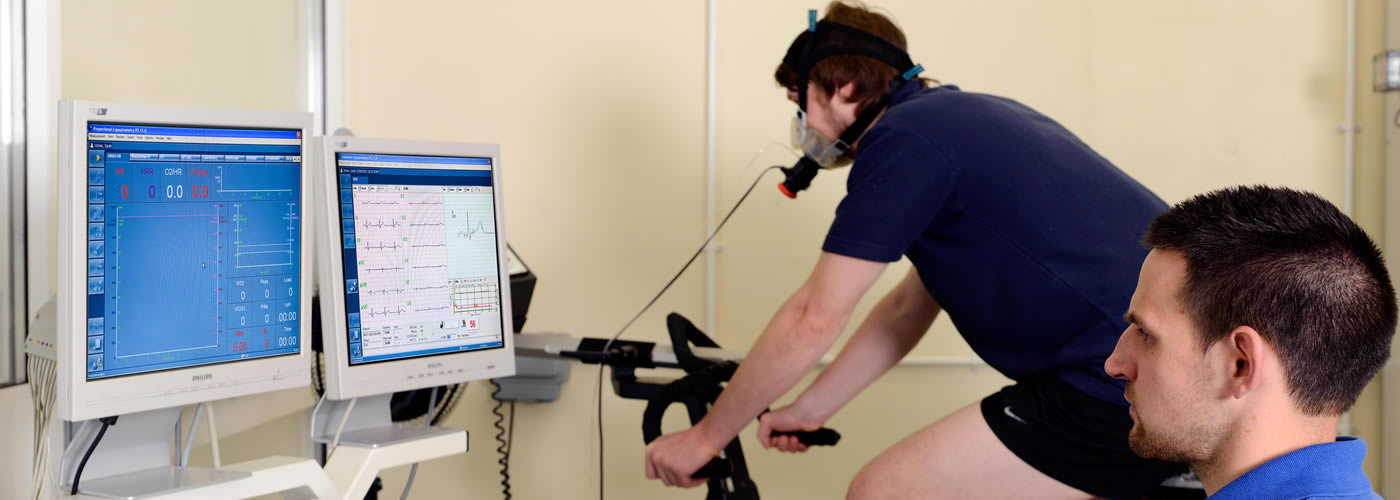 |
|
Rose, E.A., Markland, D., & Parfitt, G. (2001). The development and initial validation of the Exercise Causality Orientations Scale. Journal of Sports Sciences, 19, 445-462. Deci and Ryan's causality orientations theory suggests that there are individual differences in motivational orientation towards initiating and regulating behaviour. They described three causality orientations: autonomy, control and impersonal. The aim of this paper is to describe the development and concurrent validity of the Exercise Causality Orientations Scale (ECOS), which was designed to measure the strength of these three orientations within exercise. Altogether, 592 working adults aged 35.0 - 11.4 years (mean - s) completed the ECOS and measures of self-determination, self-consciousness and social desirability. The analysis was conducted in two parts. First, the data were subjected to confirmatory factor analysis using a multi-trait, multimethod framework. The original model resulted in a poor fit to the data. On the basis of its modification indices, three scenarios with ambiguous items were removed successively, resulting in a scale with good psychometric properties. Secondly, Pearson's correlations were conducted between the subscales of the ECOS and those of the questionnaires used for validation. Most of the results supported a priori hypotheses. In conclusion, our results show the ECOS to have good psychometric properties and they provide some support for its concurrent validity. Rose, E.A., Parfitt, G. & Williams, S. (2005). Exercise causality orientations, behavioural regulation for exercise and stage of change for exercise: exploring their relationships. Psychology of Sport and Exercise, 6, 399-414. Objectives: The objectives
are to (a) explore the relationship between exercise causality orientations
and stages of change and in doing so highlight any motivational changes
that accompany movement through the stages, and (b) investigate the relative
importance of exercise causality orientations and behavioural regulations
in discriminating stage of change. |
